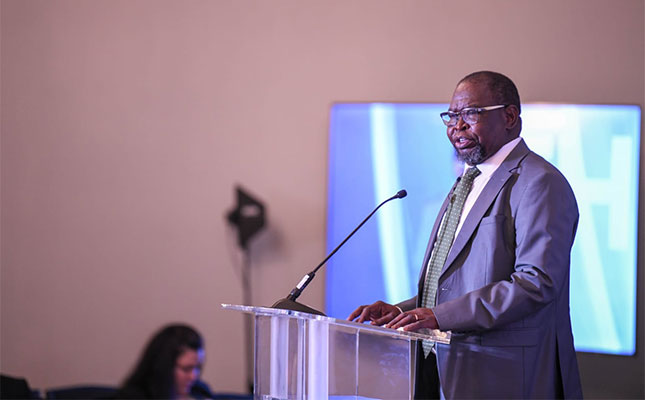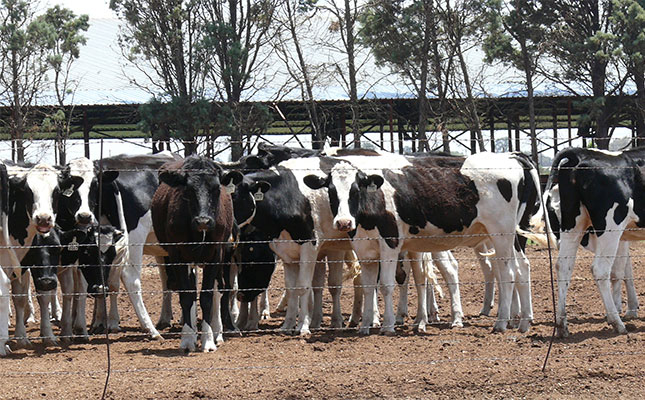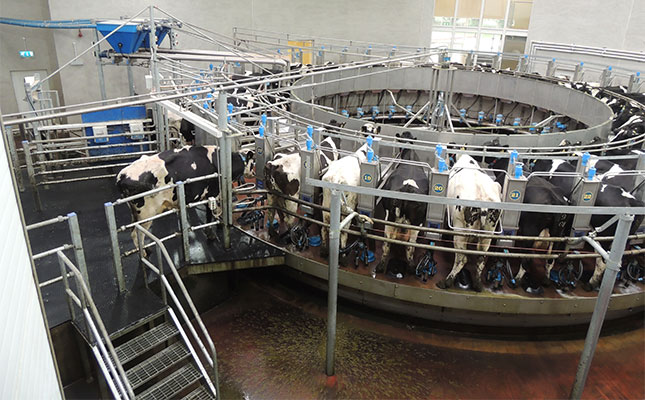
This was the message from veterinarians speaking at the South African Pork Producers’ Organisation’s PigX2 conference, held in Pretoria from 31 July to 1 August 2025, who warned that failing to address public concerns could result in consumers abandoning pork altogether.
READ Diversification can protect pig farmers in volatile market
Veterinarian Dr Susan Rodakis, technical manager at Zoetis, said public concern around animal welfare was growing, although consumer understanding of welfare issues remained inconsistent.
“Research shows that consumers know pigs are sentient and can experience pain. They don’t want to buy products that promote suffering,” she said.
This gives rise to the so-called ‘meat paradox’, where consumers enjoyed eating meat and saw it as a key part of a healthy diet, yet they felt a psychological disconnect as they were uncomfortable with the idea of animal suffering.
“It’s vital for the pork industry to address welfare concerns, because it can either drive consumers to buy pork, or another protein source that aligns with their welfare concerns,” Rodakis explained.
Dr Matthys Uys, a veterinarian at Woolworths, detailed the thought process consumers went through when making purchasing decisions.
“What’s going through a consumer’s mind at the supermarket? They are thinking about their family, their well-being, and what can be served up that is delicious and nutritious. But they may also be thinking about antibiotics used in meat, protests they’ve seen about animal welfare, or something they’ve seen on social media about how pork is produced.
“Obviously, they’re also thinking about money and what the product costs. So, what happens on-farm matters at the dinner table. Ignoring that is a threat to the industry,” he explained.
Rodakis stressed that while consumers may not be willing to pay more for improved animal welfare, they still expected it to be in place.
“Studies show consumers don’t want pigs to experience pain from procedures like castration, but they won’t pay extra for pain relief. This puts the onus on the industry to find cost-effective solutions that meet public expectations.”
She pointed out that farmers, by nature of their control over confined animals, were the gatekeepers of welfare: “They hold all the power. Their decisions directly impact animal well-being. Studies show that staff often feel guilty because they know animals could be suffering in the production process, but they feel powerless to do anything about it. Farmers must empower staff to act and make improvements.”
Both experts agreed that consumer education was key but needed to be carefully approached.
“Research shows that consumers’ sources of information differ in terms of where they get it and who they trust. A lot of information is obtained from the Internet and TV, but the information they trust comes from universities and NGOs.
“If we want to share our point of view, it’s critical that we look at where we are doing it and how we are engaging in [those space],” Rodakis said.
Uys added that collaboration across the value chain was essential: “It’s not up to one link in the chain to fix things. If we want pork to stay at the centre of the table, we all need to work towards a product that meets consumer expectations and is viable for farmers to produce.”








